Dr. A.H. McCoy
Physician and astute businessman A.H. McCoy owned a dental practice, two movie theaters and the Security Life Insurance Company of the South, and helped establish the Farish Street Business District in downtown Jackson, which became the hub of the Civil Rights Movement. McCoy worked diligently within the movement, serving as president of the Mississippi Chapter of the NAACP in the 1950s and providing financial backing for equal rights campaigns that helped to uplift African Americans disenfranchised by the Jim Crow South. In 1984, the federal building in downtown Jackson was named for McCoy, making it the first federal building in the nation to be named in honor of an African American.
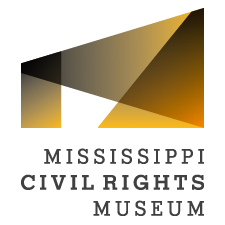
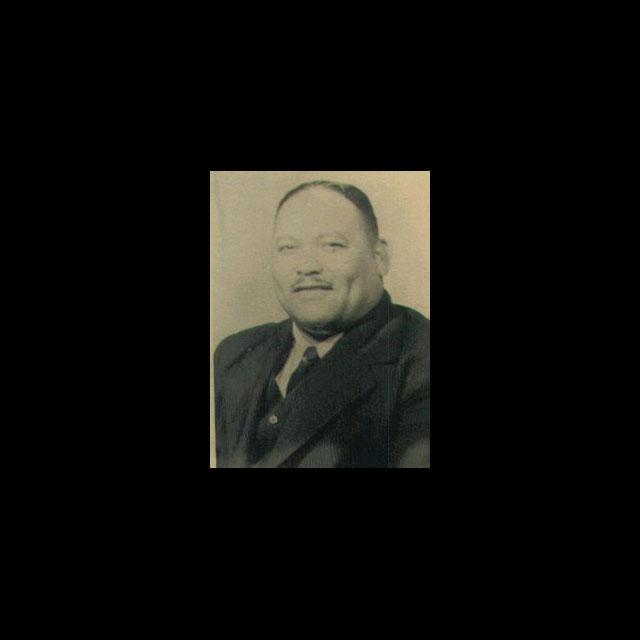
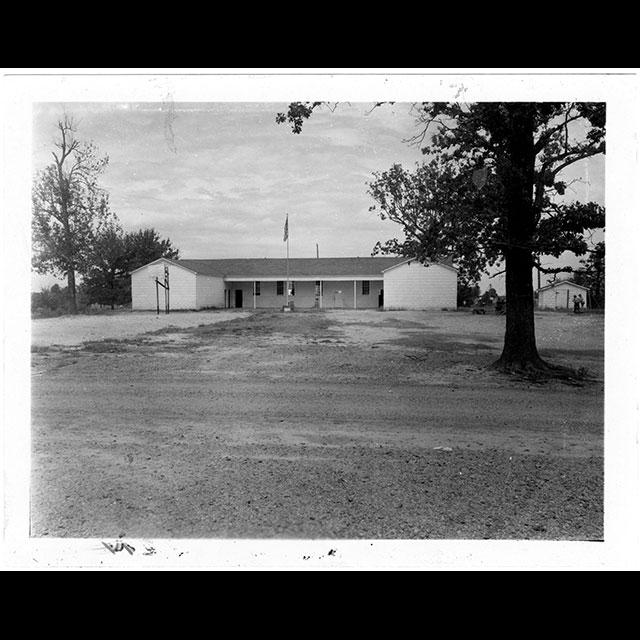
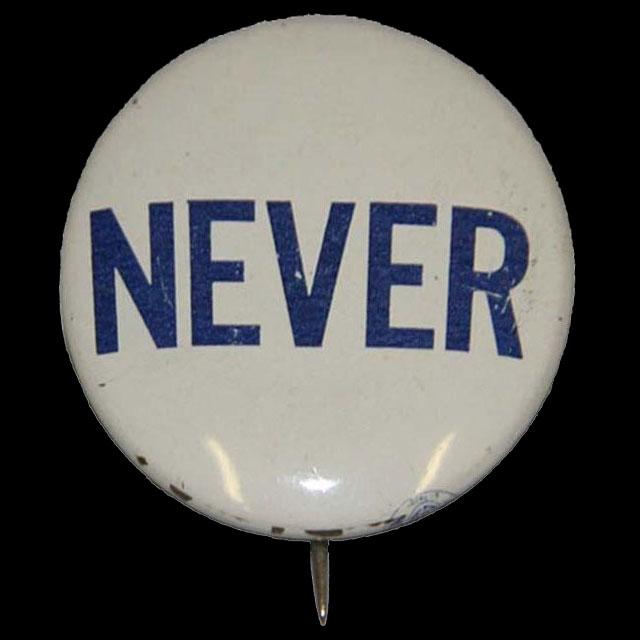
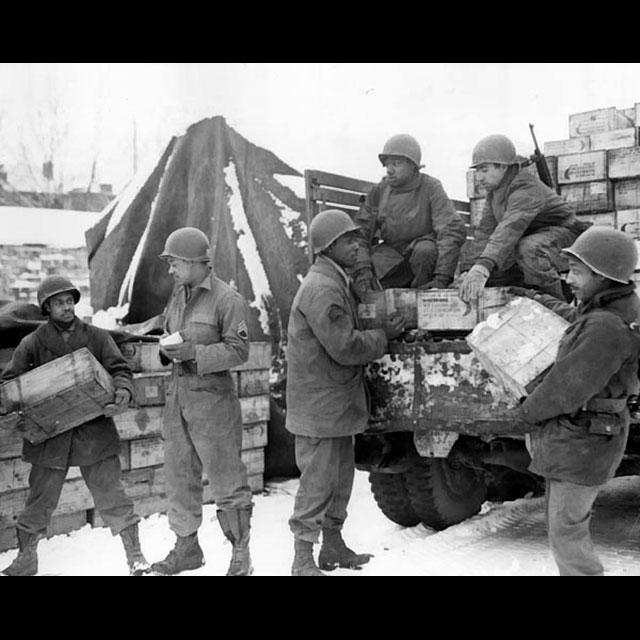
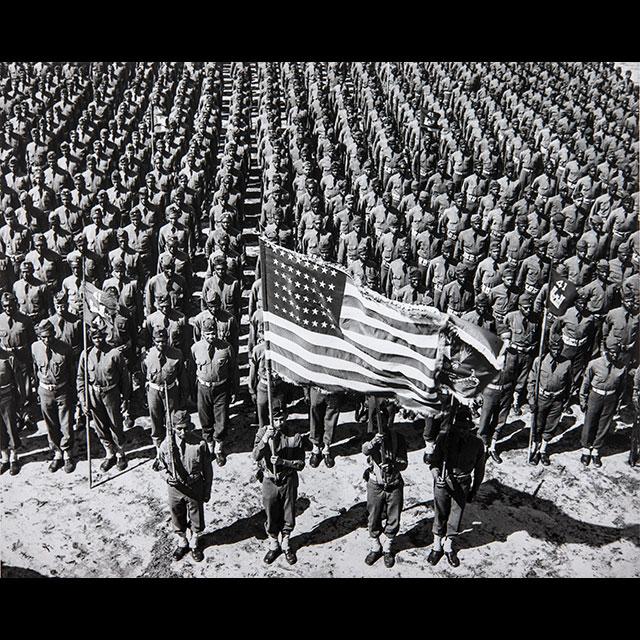

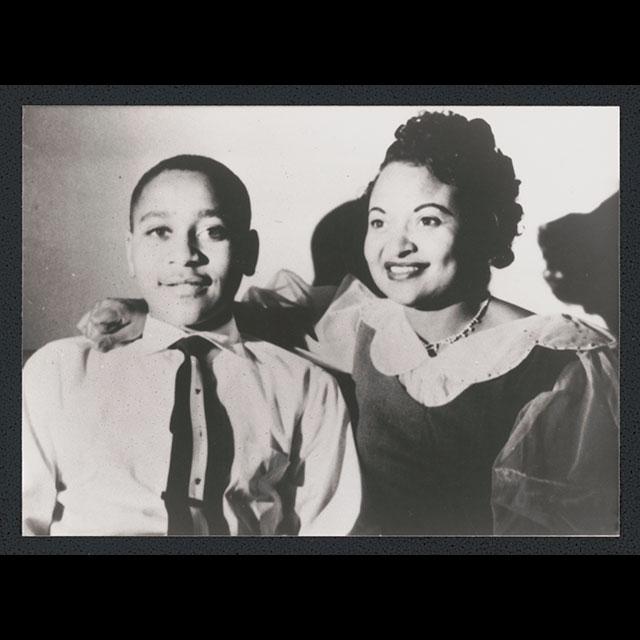
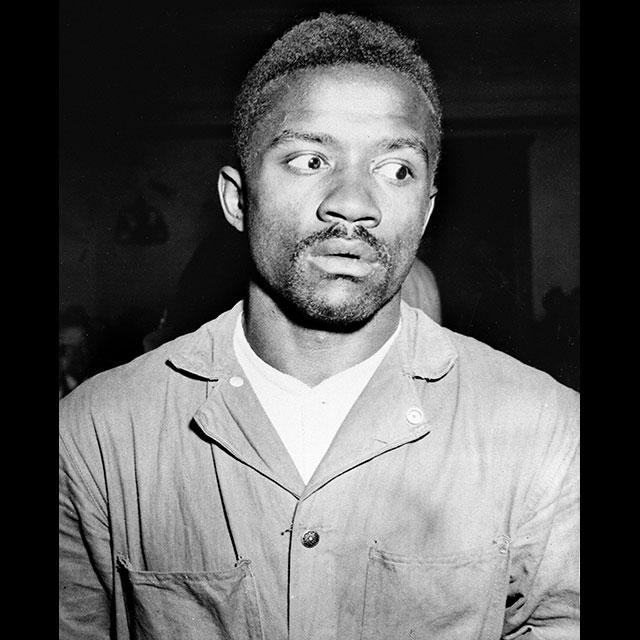
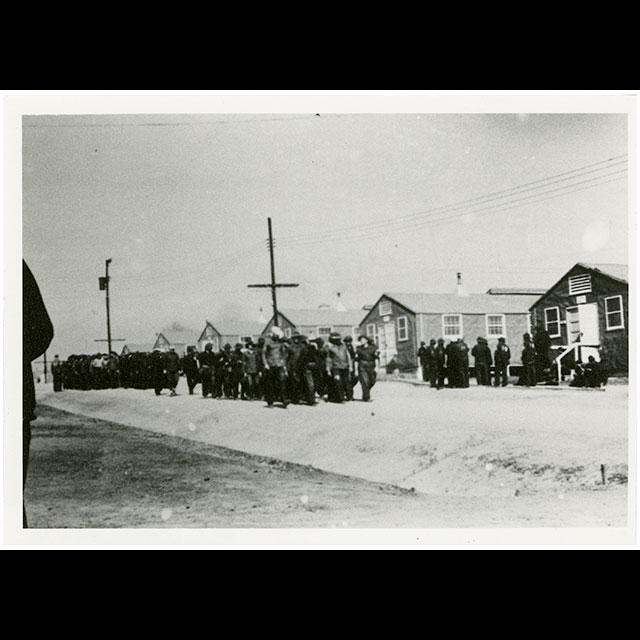
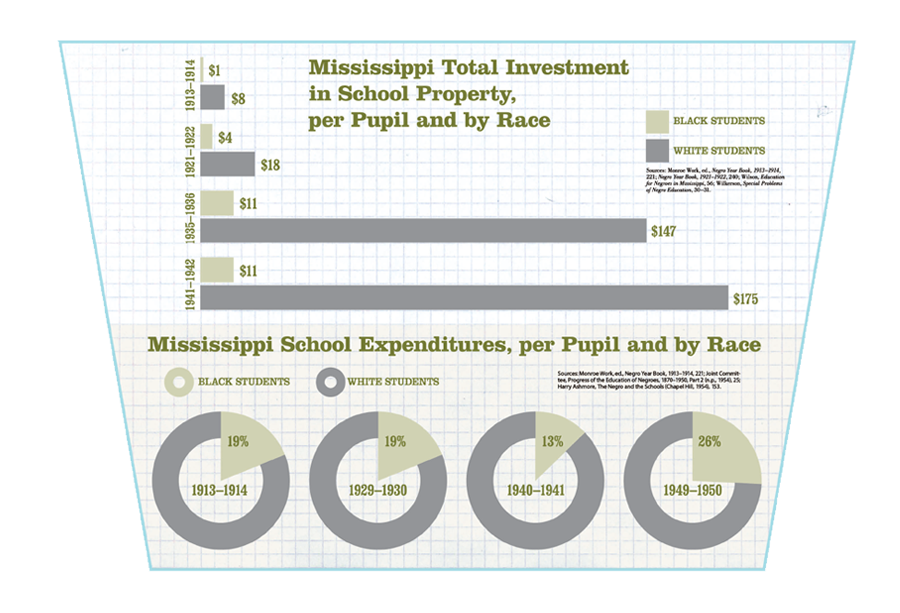
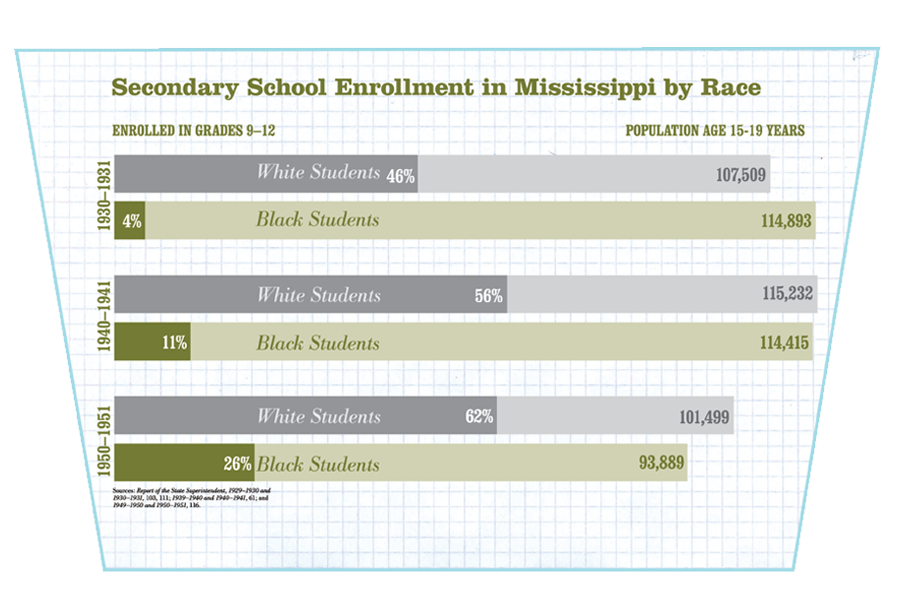
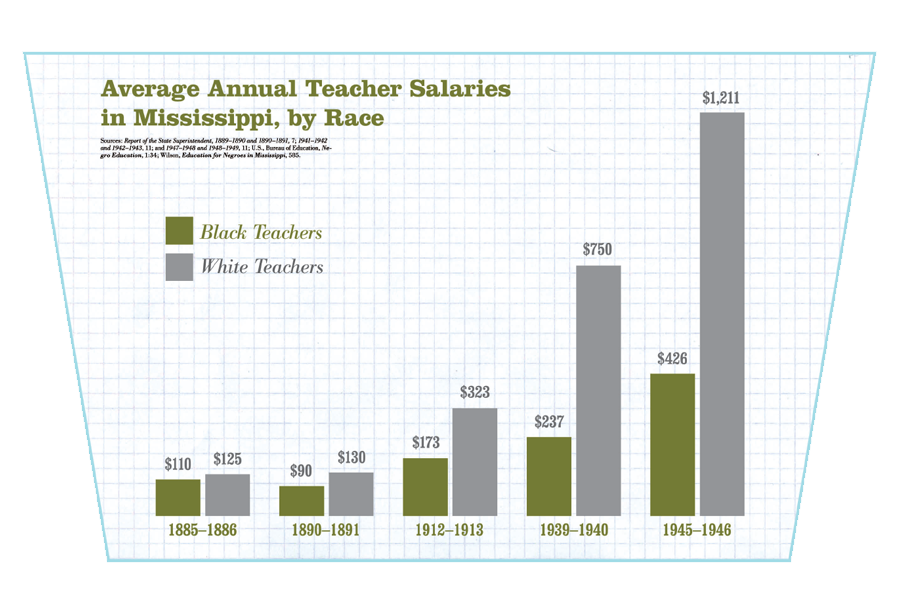
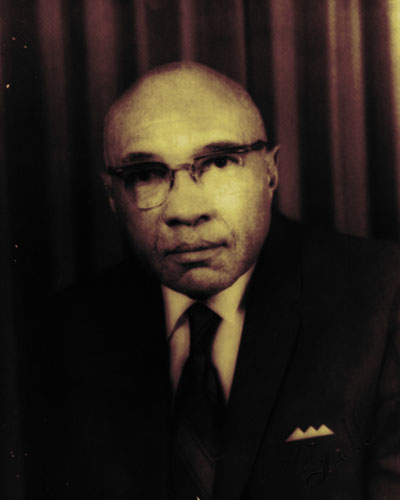
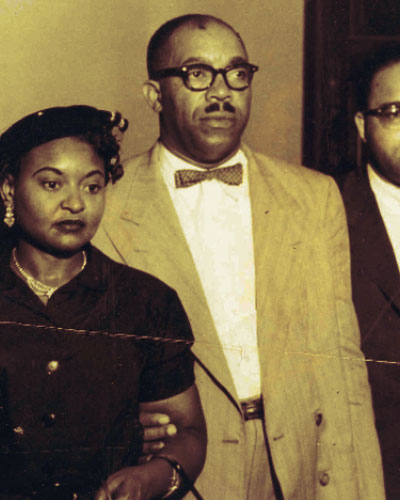
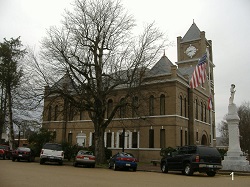 Location of the 1955 Emmett Till murder trial
Location of the 1955 Emmett Till murder trial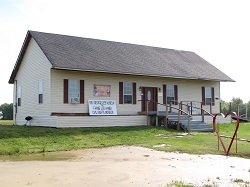 Museum dedicated to Reverend George Lee and other civil rights heroes.
Museum dedicated to Reverend George Lee and other civil rights heroes.